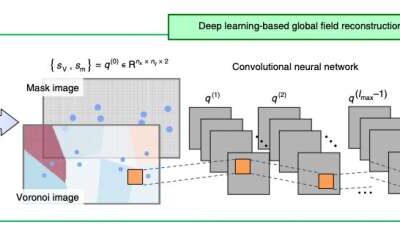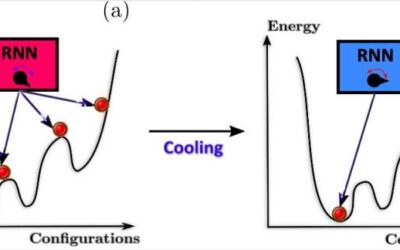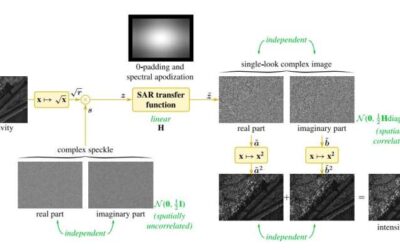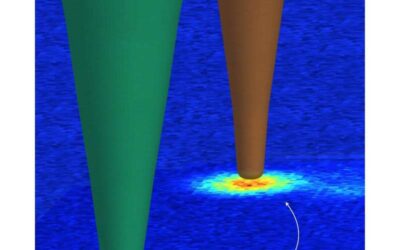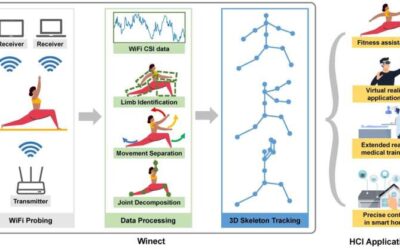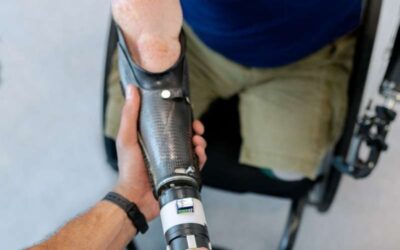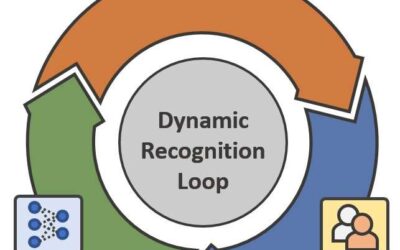Magnetic soft robots are systems that can change shape or perform different actions when a magnetic field is applied to them. These robots have numerous advantageous characteristics, including a wireless drive, high flexibility and infinite endurance.
Computer Sciences
A deep learning technique for global field reconstruction with sparse sensors
Developing methods to accurately reconstruct spatial fields using data collected by sparse sensors has been a long-standing challenge in both physics and computer science. Ultimately, such methods could significantly aid the design, prediction, analysis and control of...
A neural network-based optimization technique inspired by the principle of annealing
Optimization problems involve the identification of the best possible solution among several possibilities. These problems can be encountered in real-world settings, as well as in most scientific research fields.
A technique that allows robots to detect when humans need help
As robots are introduced in an increasing number of real-world settings, it is important for them to be able to effectively cooperate with human users. In addition to communicating with humans and assisting them in everyday tasks, it might thus be useful for robots to...
MERLIN: A self-supervised strategy to train deep despeckling networks
When a highly coherent light beam, such as that emitted by radars, is diffusely reflected on a surface with a rough structure (e.g., a piece of paper, white paint or a metallic surface), it produces a random granular effect known as the 'speckle' pattern. This effect...
Researchers induce and detect charge transport between color centers in diamond
Color centers are atomic imperfections in crystalline solids that absorb visible light of a particular color or radiation. These defects, typically in the form of missing atoms or substitutional impurities, can produce a characteristic color in materials that are...
Winect: A system that tracks 3D human poses during free-form motion
Wireless sensing devices, tools that allow users to sense movements and remotely monitor activities or changes in specific environments, have many applications. For instance, they could be used for surveillance purposes as well as to track the sleep or physical...
A system to control robotic arms based on augmented reality and a brain-computer interface
For people with motor impairments or physical disabilities, completing daily tasks and house chores can be incredibly challenging. Recent advancements in robotics, such as brain-controlled robotic limbs, have the potential to significantly improve their quality of life.
A framework to automatically identify wildlife in collaboration with humans
Over the past few decades, computer scientists have developed numerous machine learning tools that can recognize specific objects or animals in images and videos. While some of these techniques have achieved remarkable results on simple animals or items (e.g., cats,...
DeepDraper: A technique that predicts how clothes would look on different people
In recent years, some computer scientists have been exploring the potential of deep-learning techniques for virtually dressing 3D digital versions of humans. Such techniques could have numerous valuable applications, particularly for online shopping, gaming and 3D...

